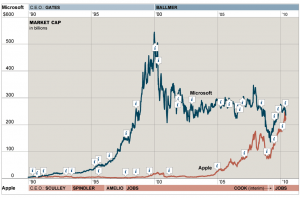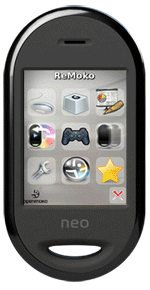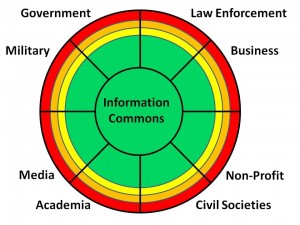There are differences between “learning” and “education,” but hopefully more people can be inspired to blur the two further than we currently see happening.
Open Courseware, Audio and Video:
Open Courseware Consortium
M.I.T. Open Courseware
M.I.T. open courseware YouTube channel
List of courses by subject (May 2007)
The University of Chicago on iTunes U,
University of South Carolina at iTunes U,
Stanford at iTunes U, Depaul at iTunes U,
Univ of South Florida at iTunes U,
Harvard “Extension” at iTunes U
Udemy.com
Khan Academy (videos)
Audible.com
“World In Time”
+ Gutenberg Project (for text)
+ Scrape Torrent (books, videos, etc)
+ Clips and Documentaries at YouTube (and the YouTube Time Machine), Google video, Journeyman Films, TED, live online courses.
Video talks
Sir Ken Robinson: school kills creativity
Sir Ken Robinson makes the case for a radical shift from standardized schools to personalized learning — creating conditions where kids’ natural talents can flourish.
Sir Ken Robinson: Bring on the learning revolution
Entertaining and profoundly moving case for creating an education system that nurtures (rather than undermines) creativity.
Jesse Schell: Visions of the Gamepocalypse (entertaining and fascinating)
Jesse Schell explores the social, cognitive, and technological trends in computer game design and use.
+ Affordable mobile devices, tablets
+ Example of a digital textbook










